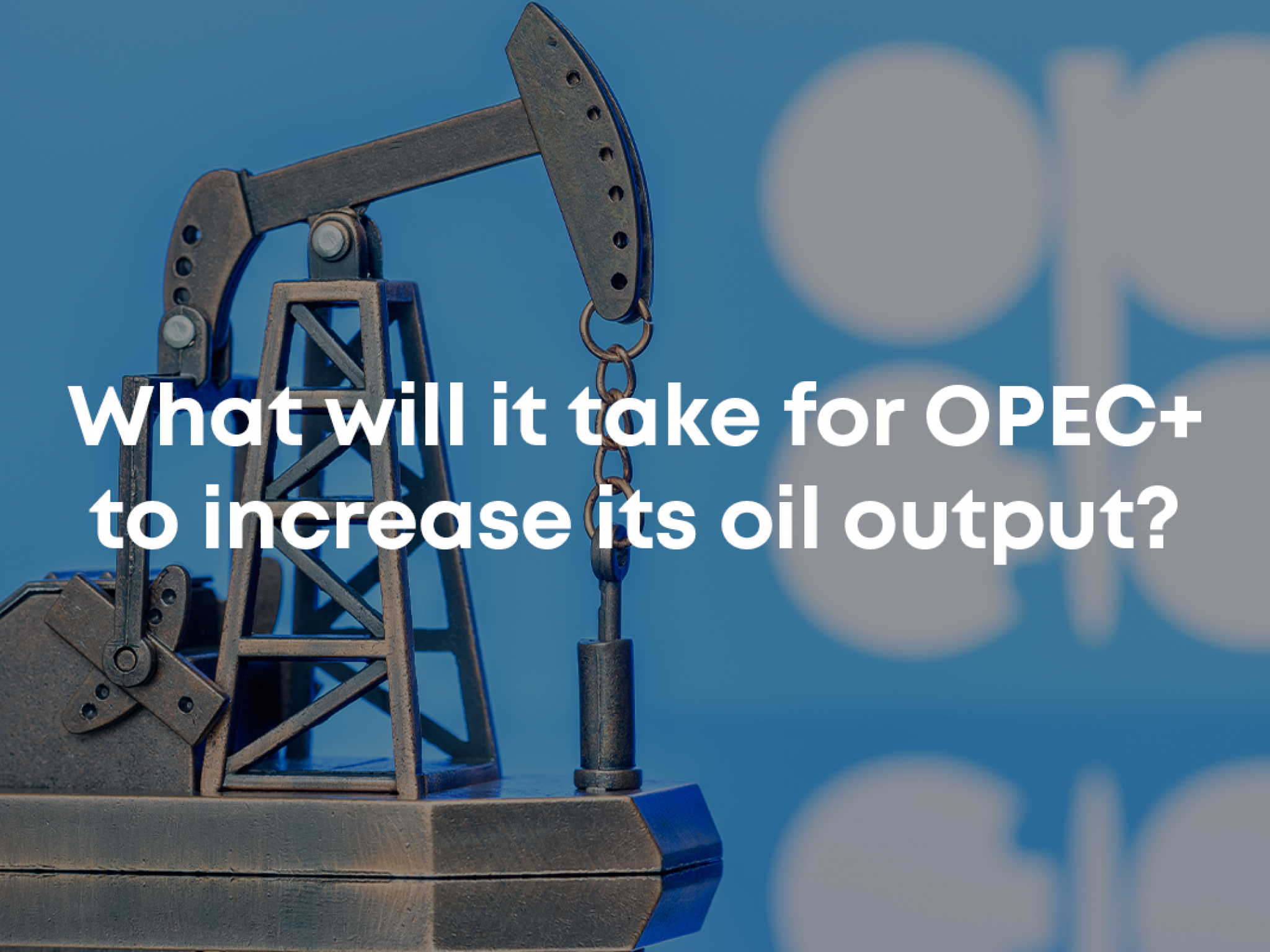
The worsening oil supply shortage in the wake of the Russian invasion of Ukraine has sent pump prices to record highs in recent weeks, sparking fears of a catastrophic global oil crisis and soaring inflation.
Despite these concerns, the Organization of Petroleum Exporting Countries (OPEC) and other non-OPEC oil-exporting nations, a global oil cartel known as OPEC+, are still holding back on boosting production, downplaying the impact of the conflict on global oil supply and demand and stressing that the current market volatility is triggered only by geopolitical developments.
Why are oil prices high?
Economic sanctions imposed against Russia have caused oil importers overseas to turn down Russian oil as "no one wants to be seen buying Russian products and funding a war against the Ukrainian people,” a New York Harbor trader was quoted by Reuters as saying earlier this month.
Even when not many countries use Russian oil, pump prices have surged in recent weeks as the absence of millions of barrels of Russian oil from the global supply chain prompted importers of Russian crude like Europe to seek the commodity elsewhere such as from OPEC countries like Saudi Arabia. These leaves other traders scrambling to secure supply.

How OPEC plays into the issue
OPEC members — including Saudi Arabia, the United Arab Emirates and Venezuela — account for about 40% of the world’s crude oil production and 60% of petroleum traded globally, according to the US Energy Information Administration.
In 2020, as demand for oil plummeted when most countries were under lockdown, OPEC+ agreed to a deal with former US President Donald Trump to slash nearly 10 million barrels of oil per day, or close to 10% of the global oil output. The world’s top exporters eventually started beefing up production by 400,000 barrels a day since August 2021 as economies reopened.
Most recently, with the Russia-Ukraine war threatening a global oil supply crunch, the focus has again turned to OPEC+ to ramp up output. However, the group in its recent meeting on March 2 — about a week since Russia started invading Ukraine — reaffirmed its commitment to only increase its crude oil output by 400,000 bpd.
“It was noted that current oil market fundamentals and the consensus on its outlook pointed to a well-balanced market, and that current volatility is not caused by changes in market fundamentals but by current geopolitical developments,” OPEC+ said in a statement.
UAE pushes for increased output
Yousuf Al Otaiba, the UAE's ambassador to Washington, last week said the country “favor[s] production increases and will be encouraging OPEC to consider higher production levels.” The statement caused oil prices to fall at most in two years on Thursday, with Brent crude futures falling 13.2% at $111.14 a barrel, the biggest one-day drop since April 21, 2020.
Prices have continued to fall on Monday, with Brent prices falling to $107.59 a barrel for May contracts and WTI crude slipping to $103.42 for April contracts.
Oil prices have also retreated on expectations that some producers may accelerate production.
Will OPEC+ boost output?
In late January, prior to the Ukraine conflict, the EIA had predicted a nearly 2.7 million bpd increase in OPEC’s oil output this year, the largest year-over-year jump in production since 2004.
Energy research firm Rystad Energy most recently estimated that Saudi Arabia, the UAE, Iraq and Kuwait can bring about 4 million bpd of spare capacity into the market within three to six months, potentially easing the crisis. However, that amount still falls short of Russia’s 7 million bpd in oil exports, according to Reuters.
In an interview with Bloomberg News last week, OPEC’s outgoing general secretary Mohammad Barkindo said there is "no physical shortage of oil” amid the Ukraine crisis, adding that the physical market supplies are guaranteed.
Barkindo’s statement underscores the OPEC+’s likelihood of only beefing up production once signs of a supply crunch become more imminent. One factor that could prompt the cartel to yield to calls to accelerate output is the potential for a demand destruction. Oil demand may soon peak and decline when retail fuel prices become relatively expensive and as the prices of other consumer goods skyrocket.
The transition to renewable energy sources and the shift to new-energy vehicles may also cause oil demand to weaken, especially as Western countries and other economic giants like China accelerate their climate action targets.
The potential end to the Russia-Ukraine dispute could likewise stabilize oil prices and encourage OPEC+ to boost output as global supply chains and activities resume, although the likelihood of this happening in the near term is relatively slim as Western countries have refused to directly intervene over fears of wide-ranging “consequences” from Vladimir Putin.







